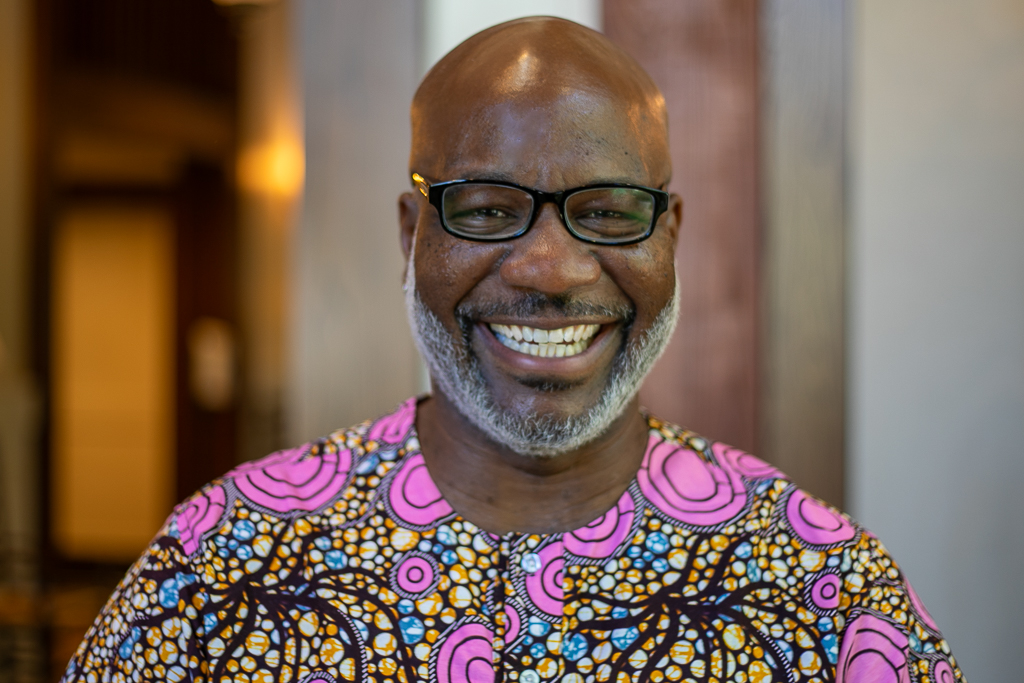
Robert Trent Vinson
Biography
Robert Trent Vinson is the Commonwealth Professor of African American & African Studies, Director & Chair of the Carter G. Woodson Institute for African American & African Studies at the University of Virginia, and a Research Associate at Stellenbosch University in South Africa. He is a scholar and teacher of 19th and 20th century African & African Diaspora history, specializing in the transnational connections between southern Africa, the Americas and the Caribbean.
Vinson’s first book was The Americans Are Coming!: Dreams of ’American Negro Liberation’ in Segregationist South Africa (2012) and his second book was Albert Luthuli: Mandela before Mandela (2018). He has also published many articles, including in the Journal of African History, the African Studies Review, and the Journal of Southern African Studies. Vinson is currently completing two co-authored book projects, Zulu Diasporas: Africa and Africans in Black Nationalist Histories & American Popular Culture and Crossing the Water: African Americans and South Africa, 1890-1965: A Documentary History, contracted with Ohio University Press
Vinson is immediate Past President of the Association for the Study of the Worldwide African Diaspora (ASWAD), the world’s premier professional organization of African and African Diaspora scholars. He also serves on the Board of Directors of the African Studies Association and on the editorial board of Michigan State University Press and of Safundi: The Journal of South African and American Studies.
Vinson earned his Ph.D. in African History from Howard University. Prior to his appointment at UVA, Vinson taught at Washington University in St. Louis and more recently, William & Mary, where he was Frances L. and Edwin L. Cummings Professor of History & Africana Studies. At William & Mary, Vinson was also the first Chair of the Lemon Project, which documents, preserves and disseminates scholarship that uncovered the College’s long histories of slavery and Jim Crow segregation.